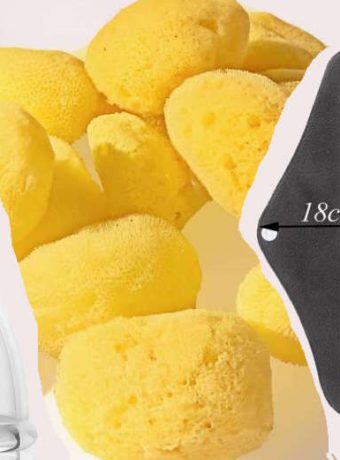Even if you haven’t used this expression yourself, it’s very likely that you’ve heard it. But have you ever thought about the meaning behind this expression?
Whether you’ve ever used it yourself or not, we are all too familiar with this expression. Often, we even acknowledge it as if we understand what it means. Although it sounds like a lighthearted remark about grueling beauty time that all women are familiar with, there is a deeper connection that makes us feel what is being communicated.
The sentiment however is not about hair care at all. The emotions we relate to in such derogatory remarks are those of pain shame and fear of rejection. Even if you have never been teased before we can imagine what it feels like if peers make fun of your hair because it doesn’t resemble an expected beauty standard. It hurts, it hurts deeply and often we don’t even know where the pain comes from.
The pain is rooted in our history. African hair was doomed the moment Black people were taken to the shores of the Western world as slaves. Black hair was perceived as inappropriate and African hairstyles were seen as offensive. In some states, laws even demanded Black women to cover their hair in public. These ideas laid a new foundation for Black hair care. Our hair was not good enough to be shown in public. If we wanted to be presentable in this new world we needed to change our hair conforming to the dominant beauty standards. Nappy hair was associated with a lower class ignorant citizen who couldn’t fit in.
Although we have outsmart this idea by inventing ways to straighten our hair and “look smarter” so we could fit in, get jobs and get ahead, we haven’t outsmarted the pain, shame and fear of rejection. Subconsciously transferred from generation to generation we can often see it in today’s behavior. A mother who is saying that her daughter’s natural hair is uglier than the pubic hair of an ape, clearly experiences a deeply distorted emotion towards nappy hair and transfers that emotion to her child.
It is time for us to be smart enough to look at our behavior, acknowledge where it comes from and correct it where it damages us. Our behavior shows us where we need to start. The fact that we rather straighten our hair beyond damage than walk around nappy, tells us that our attitude towards our hair has to change profoundly. Once we begin to believe that our hair, no matter how nappy, is good enough for the world to see, we can stop straightening our hair compulsively and start embracing our good roots.




